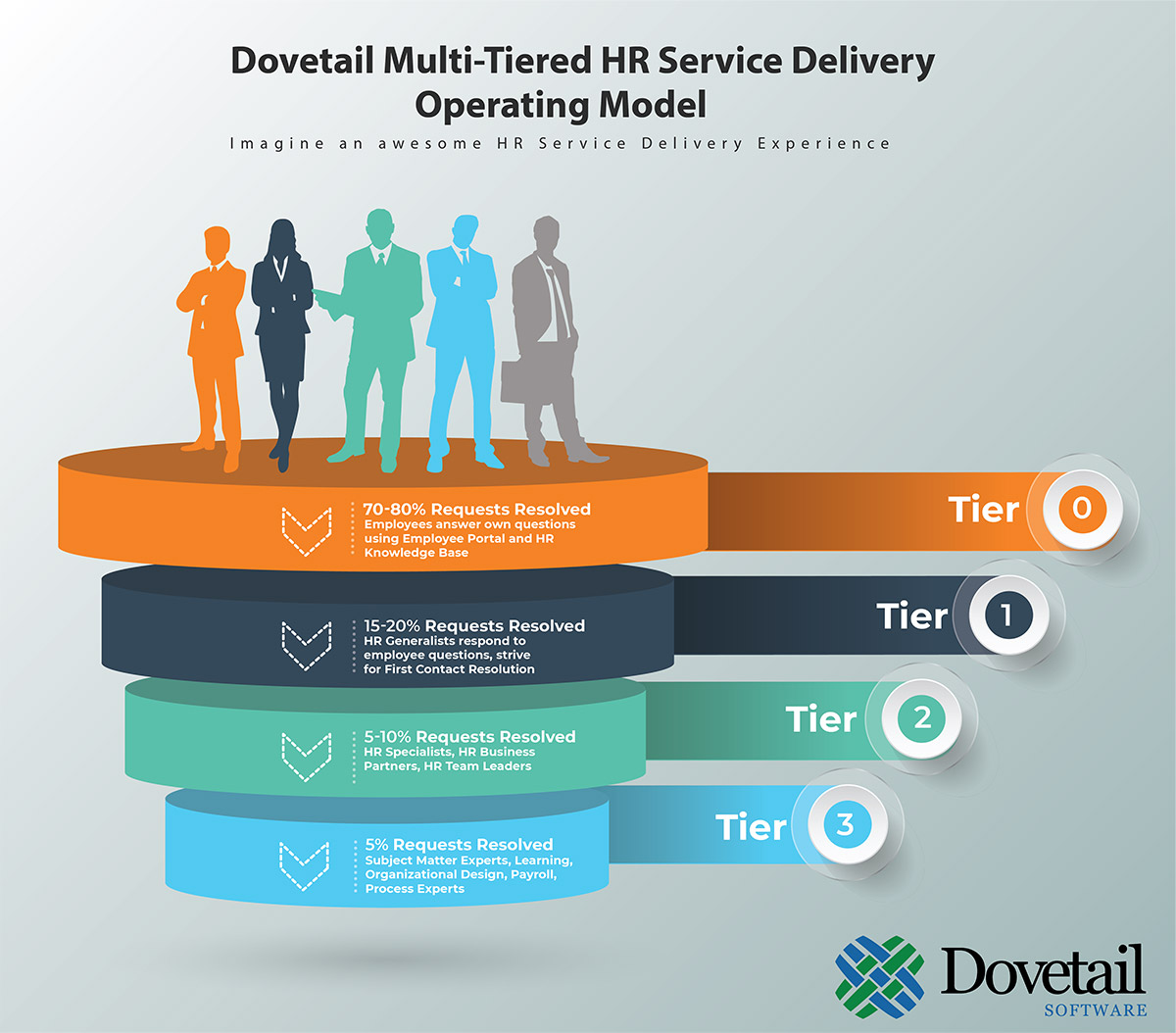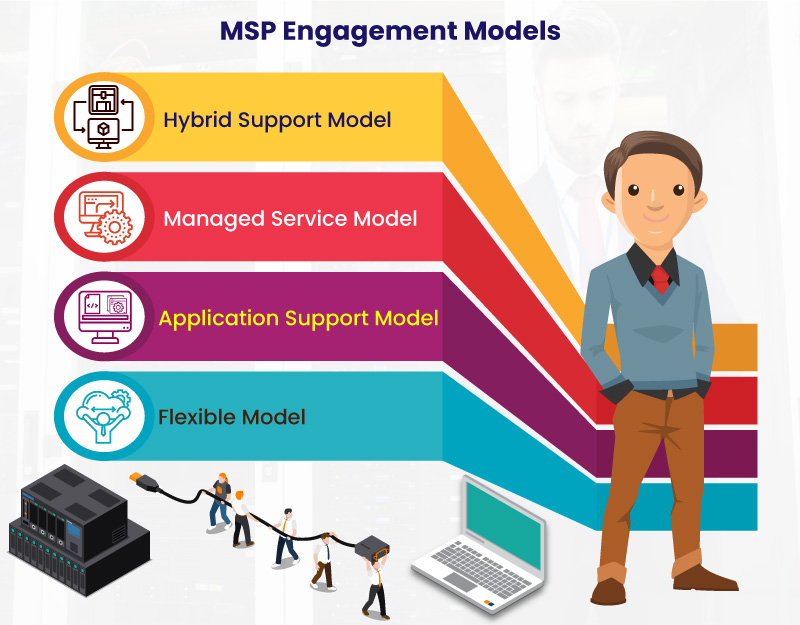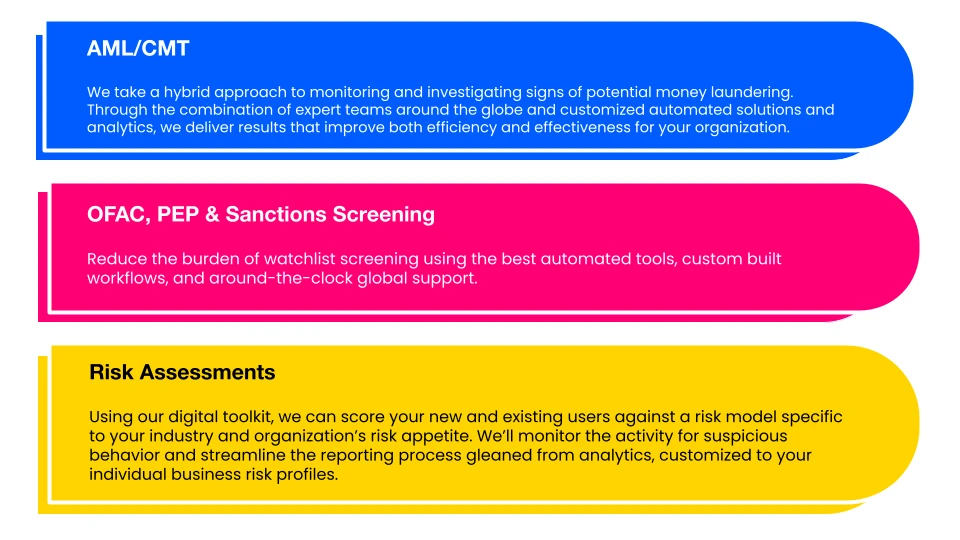
29sixservices
Add a review FollowOverview
-
Sectors Sales & Marketing
-
Posted Jobs 0
-
Viewed 37
Company Description
Outsourcing Payroll: Maximize Efficiency And Minimize Expenses
✔ Outsourcing payroll may minimize administrative problems, conserve time, and ensure compliance with tax laws.
✔ Cost savings range from 18%-35% on typical compared to in-house payroll processing.
✔ Payroll suppliers handle wage calculations, tax filings, direct deposits, benefits reductions, and more.
✔ Businesses of all sizes benefit, particularly those without devoted payroll personnel.
✔ Choosing the right payroll service depends on company size, intricacy, and require for integration with existing systems.

Every other Friday, Lisa braced herself for what had basically become a consistent source of stress: payroll. As the office supervisor for a growing home services company, she used lots of hats: scheduling tasks, handling billings, handling HR tasks, and more. Payroll was just another duty on her overflowing plate, and in spite of her finest efforts, something constantly appeared to fail.
Last pay period, she miscalculated overtime for two professionals, leading to a payroll correction that took hours to repair. The month in the past, a tax filing deadline slipped through the fractures, resulting in a costly late cost. And then there were the consistent concerns from employees about their incomes – was my reward included? Why are my reductions various this week? Is there still time to correct my punch card? When will I get my W-2?
Lisa’s tension level was through the roofing. Something had to alter. Accordingly, Lisa began exploring her alternatives. What if the business had another person handle payroll? By handing off payroll to a professional provider, or, at the very least, upgrading their software, she could remove the danger of mistakes, ensure compliance with tax laws, and totally free up hours every week to concentrate on running business.
Does your payroll journey imitate Lisa’s? Is payroll a barrier that looms at the end of every other week? Luckily, you’re not alone. In this post, we’ll check out how contracting out payroll works, the advantages it uses, and whether it’s the ideal move for your organization.
Outsourcing payroll is the practice of handing off payroll-related tasks to a third-party service provider who concentrates on processing wages, taxes, and other compensation-related duties. Instead of managing payroll by hand – or managing several software application services – services can depend on specialists to make sure workers are paid correctly and on time while staying certified with tax laws.
Payroll providers handle a range of jobs, consisting of:
✅ Processing staff member incomes and professional payments;
✅ Calculating and filing payroll taxes;
✅ Managing direct deposits and paper checks;
✅ Handling reductions, garnishments, and benefits contributions; and
✅ Keeping up to date with ever-changing labor laws and tax rates.
Approximately 61% of companies outsource their payroll processes. The decision to contract out the whole function or sector out portions, such as tax filings or direct deposit management, mostly depends upon company size, payroll intricacy, and internal resources.
For larger businesses with employees throughout numerous states, payroll outsourcing can streamline compliance with different tax laws and guidelines. But little and mid-sized companies also benefit – specifically those without a dedicated payroll professional. Given that payroll laws frequently change, contracting out ensures services remain compliant without having to constantly monitor updates.
Years ago, it was unheard of for companies to entrust payroll to an outside provider. But today, advances in payroll technology make contracting out an affordable and effective service. Whether you need full-service payroll support or just assist with specific jobs, contracting out can maximize valuable time, lower administrative headaches, and provide company owners assurance. Statistics back this up. According to a PwC research study, companies that outsource their payroll functions experience expense reductions of 18%-35%, usually.
Is outsourcing payroll the right choice for your company? In the next section, we’ll check out the essential benefits and prospective downsides to help you choose. If not, a finest practice might consist of upgrading your internal software. While we’re prejudiced, a service like OnTheClock allows you to encapsulate time tracking, scheduling, and payroll in one platform. No more third-party expenses, hold-ups, or mistakes!
Don’t let taxes get you down. Make payroll easy with OnTheClock!
Your hassle-free service for payroll.
The Benefits of Outsourcing Payroll
Having your staff complete payroll may appear like a cost-savings procedure; however, the truth is that it’s often time-consuming, complicated, and vulnerable to costly mistakes. Outsourcing payroll uses services a streamlined, secure, and economical solution. Here’s how it can benefit your business:
Save Time and Boost Productivity: Payroll isn’t just about transferring income – it includes tracking hours, calculating taxes, managing advantages deductions, and ensuring compliance with ever-changing policies. For small businesses, this obligation often falls on a single person or a small HR group, pulling focus far from strategic initiatives. Outsourcing payroll removes these time-consuming jobs, freeing up your group to concentrate on development and staff member engagement.
Reduce Payroll Costs: Many small and mid-sized organizations find that contracting out payroll is more cost-effective than preserving an in-house payroll team. The expenses associated with payroll software, staff member training, tax filing, and compliance management can add up quickly. By contracting out, companies can access expert payroll services at a predictable monthly expense – often less than the expenditure of working with a full-time payroll professional.
Minimize Errors and Ensure Compliance: Payroll mistakes aren’t simply frustrating – they can lead to substantial monetary charges. From overlooking tax withholdings to missing out on deadlines, mistakes can set off audits, fines, and dissatisfied workers. Payroll providers concentrate on tax compliance, staying up to date on federal, state, and regional regulations to guarantee accurate filings and timely payments.
Enhance Data Security: Payroll information includes delicate employee details, such as Social Security numbers and bank account details. Cybersecurity risks and internal fraud dangers make payroll security a leading priority. Professional payroll providers invest in sophisticated file encryption, protected cloud storage, and multifactor authentication to keep your business’s safe.
Avoid Payroll Disruptions: If your in-house payroll specialist takes a vacation, gets ill, or leaves the business, payroll operations can be thrown into mayhem. Outsourcing supplies connection and reliability, guaranteeing payroll is processed precisely and on time, whenever.
Simplify Direct Deposit and Benefits Integration: Many little organizations struggle to set up direct deposit or properly incorporate payroll with benefits administration. Payroll providers simplify this procedure, guaranteeing workers are paid immediately and reductions for advantages like medical insurance and retirement strategies are managed correctly.
Scale With Your Business: As your business grows, payroll intricacy boosts. More staff members imply more tax commitments, advantage choices, and compliance requirements. A payroll company can scale with your service, adjusting to new obstacles without requiring you to work with additional HR workers.
The Downsides of Outsourcing Payroll

While outsourcing payroll can conserve time and decrease administrative burdens, it’s not without its obstacles. Before committing to an external service provider, it’s important to weigh the prospective downsides and identify whether the trade-offs line up with your company’s needs.
Loss of Control Over Payroll Processes: When you contract out payroll, you give up direct oversight of critical payroll functions. While automation and devoted payroll specialists can lessen errors, you might have restricted presence into the procedure. If a mistake takes place, such as an inaccurate paycheck or a missed out on tax filing, it could take longer to fix than if payroll were handled internal. Additionally, you may have to rely on client assistance teams with varying levels of responsiveness instead of making immediate modifications yourself.
Data Security Concerns: Outsourcing needs sharing delicate worker details, including Social Security numbers, wages, and tax details, with a third party. While a lot of payroll companies carry out robust security procedures, information breaches remain a danger. Additionally, due to the fact that you don’t control their security procedures, you’re depending on their capability to secure staff member information. Any lapse in security might result in identity theft, compliance problems, or financial losses.
Limited Customization and Flexibility: Payroll service providers normally provide standardized services that might not perfectly align with your company’s requirements. If your company has unique payroll structures, such as customized benefits, commissions, or industry-specific reductions, adapting to a third-party system can be challenging. Furthermore, last-minute payroll modifications, such as adding an expenditure repayment or correcting a tax code, might not be as smooth as they would be with an internal payroll group.
Potential Hidden Costs: While outsourcing can seem economical, expenditures can accumulate beyond the base subscription fee. Some suppliers charge additional for year-end tax filings, compliance updates, off-cycle payroll runs, or combination with other company software. If your business requires regular payroll adjustments or customized reporting, these additional costs can rapidly exceed the initial budget. Employee Experience Challenges: When payroll is outsourced, workers often need to call a third-party service provider for payroll-related concerns or concerns. This can develop a disconnect, as staff members might deal with impersonal customer care, long wait times, or inconsistent assistance quality. Unlike an internal payroll group that understands business culture and policies, an outsourced supplier might not provide the same level of familiarity or responsiveness.
Dependency on Provider Stability: Depending on an external business for payroll suggests your business is susceptible to its operational stability. If the supplier experiences monetary difficulty, technical failures, or unexpected service interruptions, your payroll process could be affected. In severe cases, a supplier shutting down all of a sudden could result in lost payroll information and significant operational headaches.
The Different Types of Payroll Services

Not all payroll outsourcing services are produced equivalent. Businesses have various requirements, and payroll service providers offer different levels of service to accommodate them. Whether you wish to hand off everything or keep some control, there’s an outsourcing design that fits your business. Here are the main kinds of outsourced payroll services:

1. Full-Service Payroll Outsourcing: If you’re trying to find a totally hands-off approach, full-service payroll outsourcing is the method to go. This type of provider handles every element of payroll, consisting of:
– Calculating wages and deductions;
– Managing tax filings and compliance;
– Administering staff member benefits; and
– Handling direct deposits and paychecks.
With a full-service supplier, all you need to do is provide employee information, such as hours worked and wage updates. While this option is the most hassle-free, it likewise tends to be the most costly. Plus, organizations need a trustworthy system for sharing precise payroll information on time.
2. Partial Payroll Outsourcing: For services that prefer to maintain some control over payroll however offload complex jobs, partial outsourcing is a fantastic happy medium. Companies might select to:
– Manage employee time tracking and participation in-house while contracting out tax filing;
– Handle direct deposit themselves but contract out compliance and reporting; and
– Keep payroll processing internal but use an external company for year-end tax types.
This model permits companies to minimize their administrative concern while preserving oversight on critical payroll functions.
3. Cloud-Based Payroll Services: Cloud-based payroll contracting out offers versatility and real-time access to payroll data. These services:
– Automate payroll calculations and tax filings;
– Allow staff members to gain access to pay stubs and tax documents through self-service websites; and
– Integrate with accounting and HR software.
Since cloud payroll services are web-based, services can handle payroll from anywhere. This choice is ideal for remote groups and growing companies that require scalability.

4. International Payroll Outsourcing: For business with an international labor force, international payroll companies streamline the intricacies of handling employees throughout different nations. These services:
– Ensure compliance with regional tax laws and labor guidelines;
– Handle multi-currency payroll processing; and
– Manage cross-border payroll tax filings.
Outsourcing worldwide payroll can prevent costly compliance mistakes while simplifying payments for abroad employees.
5. DIY Payroll with Provider Support: Some payroll suppliers offer a hybrid method where companies manage most payroll tasks but utilize software application and tools provided by the outsourcing business. This design is perfect for business that:
– Wish to keep direct control over payroll processing;
– Need automation tools to simplify calculations; and
– Prefer expert support for compliance concerns.
This method integrates the flexibility of internal payroll with the security of expert guidance.
How to Choose the Proper Payroll Partner
The best payroll service depends upon your company’s size, structure, and requires. If you desire a totally hassle-free experience, full-service outsourcing may be the very best option. If you need flexibility, partial or cloud-based options might be a much better fit. Here’s a list of steps you should think about when selecting the best payroll supplier.
Define Your Payroll Needs: Before comparing companies, outline exactly what you need from a payroll service. Are you trying to find full-service payroll that manages whatever, or do you prefer partial payroll outsourcing where you retain control over particular jobs? Consider features like direct deposit, tax filing, advantages administration, and compliance tracking. If your business runs in multiple places or employs remote workers, you may likewise require multistate or worldwide payroll capabilities.
Integration with Existing Tools: A seamless payroll procedure depends upon how well your payroll service provider incorporates with your existing systems. Try to find services that connect with your scheduling software, HR platforms, and time tracking tools. Proper integration can lower manual data entry, reduce mistakes, and enhance general efficiency.
Compliance and Tax Expertise: Payroll is more than just paying workers – it involves tax filings, reductions, and compliance with labor laws. A dependable payroll partner must keep up to date with modifications in tax guidelines and make sure precise reporting to avoid expensive charges. Ask possible suppliers about their compliance processes and how they manage updates to federal, state, and regional tax laws.
Pricing Structure and Value: Cost is a significant factor when choosing a payroll supplier, however the least expensive choice isn’t always the best. Compare pricing designs, as some service providers charge a flat month-to-month fee, while others expense per pay duration or per worker. Many payroll solutions, including OnTheClock Payroll, tend to be around $40 each month and $6 per staff member. Make certain to represent any additional costs for tax filings, direct deposits, or HR add-ons. The very best payroll partner provides a balance of affordability and value, saving you time and reducing payroll-related headaches.
Customer Support and Service Quality: Payroll mistakes can be demanding, so having access to responsive customer support is essential. Evaluate the provider’s service options: Do they use live phone support, chat, or e-mail help? Check online reviews and reviews to gauge their reputation for customer care. A payroll partner with strong assistance can quickly fix problems and keep payroll running efficiently.
Security and Data Protection: Payroll data consists of sensitive employee details, making security a leading concern. Ensure your payroll provider uses strong file encryption, multi-factor authentication, and secure servers to secure versus cyber dangers. Inquire about their information backup policies and how they handle security breaches.
Scalability and Flexibility: Your payroll requirements might progress as your business grows. Choose a provider that can scale with you, whether you’re adding brand-new employees, expanding to several places, or needing additional features like advantages management or time tracking. A versatile payroll partner will accommodate modifications without requiring a major overhaul of your payroll procedure.
Service Level Agreements (SLAs): A trusted payroll supplier should use clear service level agreements (SLAs) that describe crucial efficiency expectations, such as payroll precision, processing times, and compliance guarantees. These contracts help ensure accountability and supply a standard for evaluating service quality.
Reputation and Industry Experience: Finally, research study the company’s performance history. Try to find client reviews, market accreditations, and case studies that show their expertise. If possible, pick a payroll partner with experience in your market, as they’ll be familiar with sector-specific payroll requirements and compliance difficulties.
Outsourcing Payroll: Common Challenges and Best Practices
Outsourcing payroll can be a game-changer for companies, reducing administrative work, improving accuracy, and making sure compliance. However, turning over such a crucial function comes with its own set of challenges. If not managed properly, companies can deal with communication breakdowns, security dangers, and compliance concerns. Below are some typical hurdles companies encounter when outsourcing payroll and some steps to help overcome them.
Loss of Control Over Payroll Processes
When you outsource payroll, you give up direct oversight of payroll estimations, tax filings, and employee payments. This can result in issues about openness, precision, and responsiveness.
– Choose a supplier that uses real-time reporting and payroll control panels so you can keep track of deals.
– Establish clear expectations from the outset, including due dates, information precision requirements, and escalation procedures.
– Maintain internal payroll competence to review reports and ensure payroll precision.
Communication Breakdowns
An absence of correct communication in between your business and the payroll company can result in errors, hold-ups, and aggravation. Misunderstandings about data submissions, reporting requirements, and employee classifications can trigger substantial disruptions.
– Designate a dedicated point of contact on both sides to make sure smooth interaction.
– Set up regular check-ins to review payroll processes, fix issues, and provide updates.
– Use cloud-based payroll platforms that enable real-time access to reports and automated alerts.
Data Security and Privacy Risks
Payroll data contains highly delicate employee info, including Social Security numbers, bank details, and salary records. A security breach can result in identity theft, monetary fraud, and legal liabilities.
– Deal with a service provider that uses innovative file encryption, multifactor authentication, and protected information storage.
– Limit access to payroll information by specifying user roles and approvals within the system.
– Regularly examine the company’s security policies and require compliance with industry standards like SOC 2 and GDPR.
Compliance and Regulatory Risks
Payroll laws and tax regulations often change, and noncompliance can lead to substantial fines and charges. If your payroll company fails to remain updated, your service might be at threat.
– Partner with a service provider that focuses on your market and is skilled in federal, state, and local tax laws.
– Request routine compliance audits to make sure payroll tax filings and staff member categories are accurate.
– Maintain internal oversight by remaining informed about payroll regulations that affect your company.
Hidden Fees and Unexpected Costs
Some payroll service providers charge extra for services like tax filings, compliance updates, and software application upgrades. Without a clear understanding of expenses, companies can deal with budget plan overruns.
– Review the contract thoroughly before signing and clarify all costs, consisting of per-payroll charges, year-end reporting charges, and add-on services.
– Choose a service provider with transparent, all-inclusive pricing to avoid unanticipated costs.
– Regularly examine whether the payroll service is affordable for your organization.
Integration Challenges

If your payroll provider’s system doesn’t integrate smoothly with your existing accounting, HR, or time tracking software application, it can result in ineffectiveness and manual data entry mistakes.
How to Overcome It
– Select a provider that offers seamless combination with your existing tools, such as QuickBooks or OnTheClock.
– Test the combination before fully transitioning to outsourced payroll to recognize prospective concerns.
– Work carefully with your service provider to customize information exports and imports for precision and performance.
Final Thoughts
Lisa’s story is all too familiar to many organization owners and office managers. Payroll errors, compliance concerns, and constant disturbances can turn payday into a source of stress instead of a basic procedure. By contracting out payroll, Lisa took control of her time, decreased errors, and ensured her group was paid precisely and on time.
If payroll has actually become a concern for your company, it might be time to check out a much better solution. OnTheClock Payroll streamlines the process, so you can focus on running your business – not stressing over incomes. Ready to streamline payroll? Try OnTheClock Payroll today and let us manage the heavy lifting so that you can focus on what matters most: growing your organization!


